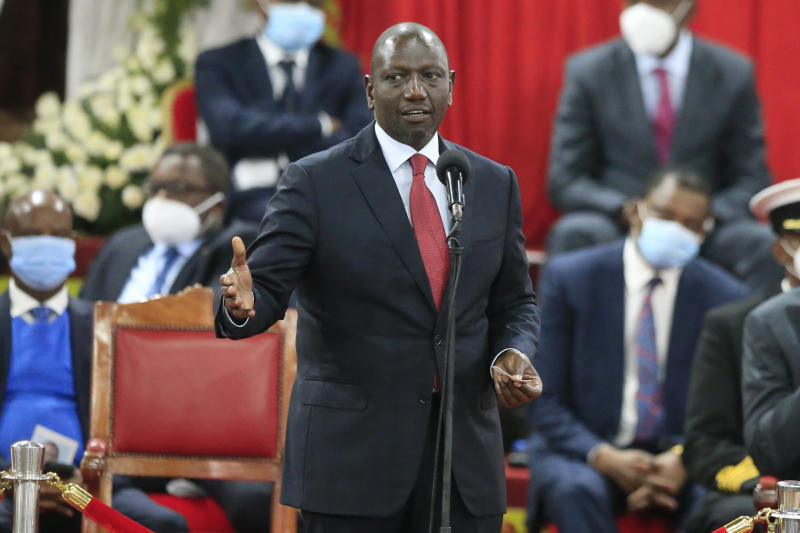×
The Standard e-Paper
Smart Minds Choose Us

This week was a significant turning point for the political trajectory of the Building Bridges Initiative (BBI) train after it was reported that Deputy President William Ruto (pictured) would opt out of leading the No movement in the upcoming referendum.